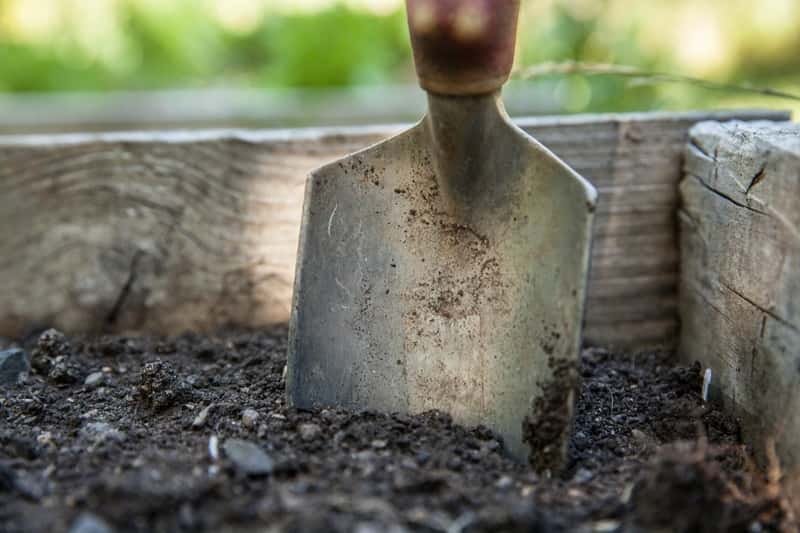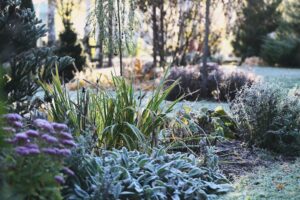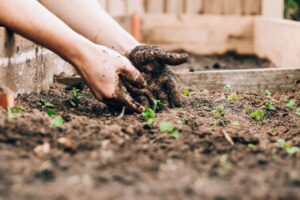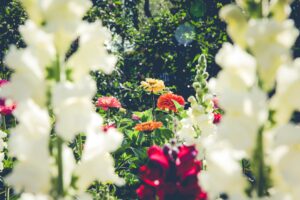To celebrate Compost Awareness Week, we’re sharing some of our top tips for creating the perfect compost.
Interesting facts about compost
- Food scraps can make up around 25% of your waste, so composting your peelings and salad waste, as well as eggshells and egg cartons can dramatically reduce your household waste.
- Soil in our garden, according to a survey, holds only between 4% and 6% organic matter. In the South of the country, it is said to be as low as 2%
- Plants require three main chemicals in the soil or feed to help them grow – Nitrogen (for leaf development), Phosphorous (for root and flower development) and Potassium (for overall development of the plant). A good compost provides all these and more essential nutrients for healthy plant growth.
- Peat has always been and still is used widely in horticulture. But it comes from lowland habitats, which are in serious danger of being eradicated. This means that endangered and protected flora and fauna must be preserved and by using peat-free compost such as the compost we produce, you are helping to support this important conservation.
So how can you make the perfect compost at home?
Firstly, you need a good composting bin. Nowadays, you can buy pretty decent composting bins fairly cheaply.
Ensure your composting bin is on a flat surface on well-draining soil. This is also essential to allow worms to work their way into your bin.
Now, it’s important to ensure the right balance of ingredients go into your compost to create the right environment for the breakdown of material.
You will need to layer the different ingredients. If you find the compost is too wet, add more ‘brown’ material or dry material. Likewise, if it too dry, add more ‘green’ material.
It will take around 12 months to get a good compost from scratch, so be patient with it and make sure you add air by turning the pile. This ensures that it gets and even cook. Once a month should be enough.
To help activate the composting process further, you may want to add a little urine to the mix (1 part urine to 3 parts water).
Here’s a list of some of the things to put into your compost
- Garden waste including grass cuttings, leaves and old flowers and plants
- Sticks and twigs
- Vegetable and salad peelings
- Egg shells
- Shredded paper and cardboard
- Tea bags
- Bedding from pets such as rabbits and guinea pigs (straw and hay bedding)
DO NOT PUT THE FOLLOWING INTO YOUR COMPOST MIXTURE!
- Cooked food
- Meat and fish products
- Dairy products
- Tissues and nappies including wet wipes
- Dog, cat or human faeces
Other great tips to help make your compost flourish
COMPOST TEA
Mixing some compost with warm water to make a compost tea can be a great tonic for new seedlings and cuttings. Most gardeners will have a bottle of fertiliser handy in case of emergencies. Use 1 part manure or compost to 5 parts water. Let it steep for 1 – 2 weeks.
LIQUID FERTILISER
Plants such as nettles and comfrey are great for brewing a liquid tonic for your plants. Simply steep them in rainwater for around 6 weeks (wrapped in muslin or cloth), take out or drain and then the liquid fertiliser is ready to use. Remember to keep the mixture out of direct sunlight.




